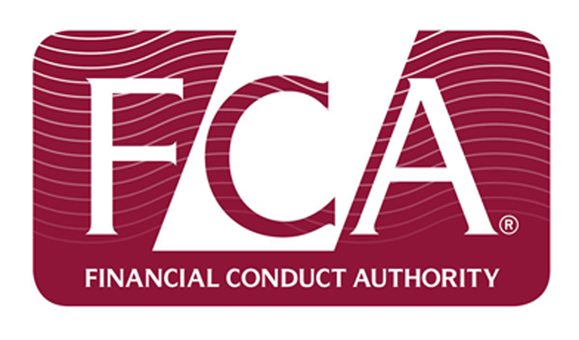Fostering innovation in the financial sector and regulatory guidelines do not go hand in hand all that often, but the FCA in the United Kingdom is looking to create an ecosystem that can deliver both. Technological progress needs to be understood before it can be regulated, rather than taking the opposite route. The FCA might become an unlikely ally for FinTech Innovation in the United Kingdom over the coming years and decades.
Also read: Is FinTech Australia Paving Way for Removing GST on Bitcoin Transactions?
FCA Wants Consumers To Benefit From FinTech Competition
Anyone in the world will agree that real innovation stems forth from competition, and that is exactly what the financial world has been lacking for the past fifty years. Now that FinTech companies are booming around the world – especially in the United Kingdom – it only makes sense to create a new regulatory framework that will not stifle innovation in the financial sector.
Some people might be wondering why the Financial Conduct Authority – FCA – might be taking a definite interest in FinTech and innovation. The answer is rather simple: it is the governmental body’s solemn duty to promote competition in the sector, as the consumers will be the ones reaping the rewards.
FCA Director of Strategy And Competition Christopher Woolard stated:
“The 2015 EY Fintech adoption Index that surveyed six markets around the world found that on average 15.5% of digitally active consumers are users of fintech. The survey suggests that the average rate of adoption could double in the next 12 months. It’s a sobering reminder of the pace at which the digital landscape is evolving and the scale of the challenge for us as a regulator to bear in mind when we think about both the risks that financial innovation may bring and how to balance that against creating unnecessary barriers to the many opportunities.“
Disruptive innovation is exactly what the financial sector need, and the FinTech industry is trying to provide exactly that through various means. Whether it is new mobile services, challenger banks, or even digital currencies, they are all direct competitors to established financial players.
Introducing Project Innovate
The way the FCA wants to approach regulating FinTech is by providing direct support, as well as improving policies and processes associated with the current framework. By extending a helping hand to UK FinTech startups regarding regulation and preparing for the long-term financial viability of their project, a major step is taken in the right direction.
This approach also gives the FCA a front row seat to financial innovation as it happens. Assisting these companies in the legislative aspect is incredibly invaluable, as very few startups have any idea of how financial regulation works in the FinTech industry. Some business models need to be revamped to fit into existing and future regulatory guidelines.
Christopher Woolard continued by adding:
“One example could be distributed ledger technology, sometimes more popularly known as ‘block chain’. There have been countless column inches devoted to this subject. The current development of distributed ledger technology has the potential to revolutionise financial services; whether it is the panacea of all ills in the financial world is yet to be seen. However it’s clear that there are a lot of regulatory and consumer issues that will need to be discussed as the technology evolves.”
But what is even more impressive is how Project Innovate is attracting attention from non-domestic entrepreneurs and startups as well. The disruptive innovation associated with the FinTech sector aims to create global financial solutions, and regulatory guidelines will need to scale to that level sooner rather than later. Efforts like these will be beneficial to Bitcoin, blockchain, and FinTech companies around the world.
Source: FCA























